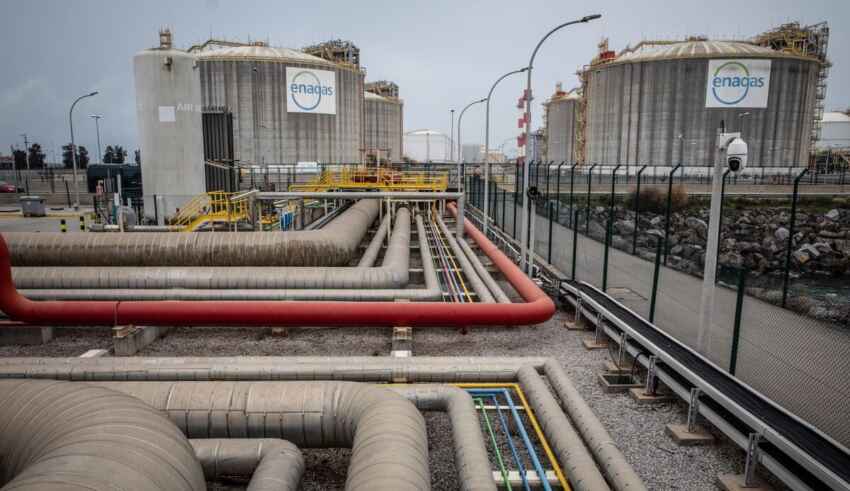
Relations between the EU and Latin America and the Caribbean have a long history, more than two decades have passed since the holding of the First EU-Latin America and the Caribbean Summit (Rio de Janeiro, 28-29 June 1999). This Summit established a “bi-regional strategic partnership” with three pillars: high-level political dialogue, advanced development cooperation, and promotion of trade and investment through a network of “Association Agreements” (Seminario Internacional, n.d.).
Latin America provides the EU with several diversification prospects, including sectors of the energy transition where the two regions complement each other, as well as the opportunity for collaboration on hydrogen and transition minerals. It also examines the regional energy and political fragmentation, as well as the absence of regulatory convergence, as hurdles to collaboration.
The ecological transition is fast reshaping EU-Latin American energy ties, with clear implications for bilateral trade, investment, and value chain integration. While Latin American hydrocarbon exports have demonstrated little possibility for expansion during the present energy crisis, collaboration on decarbonization looks far more viable. The region’s renewable resources, regulations implemented by some nations, and the presence of European enterprises make it a logical partner for the EU in the energy transition. This complementarity is also seen in the new value chains that are emerging resulting from the transition and expansion of renewables, ranging from low-carbon hydrogen to transition minerals. In contrast to transatlantic commerce, the biggest promise for hydrogen appears to be in industrial, in investment, and in technological cooperation. In the mining sector, the EU remains in the shadow of China and must develop a new path that integrates aspects of industrialization, friend shoring, and bi-regional value chain integration (Real Instituto Elcano, 2023).
Besides this, the EU could contribute by taking a proactive role in policy areas that have the potential to enhance the lives of Latin Americans. These include education proposals based on European experience, recommendations to improve the preparation of the region’s health systems, and ideas for promoting enterprises and job development. These are issues which strongly concern most Latin Americans: The Covid-19 outbreak cost Latin Americans their employment and their lives, and Russia’s invasion of Ukraine is taking their food. These are problems which have a severe impact on people’s well-being but not their consciousness (European Consortium for Political Research, 2023).
Furthermore, EU could invest in digital infrastructure to boost the region’s economy and provide it with digital sovereignty following the Commission’s guidelines. To address its neglect of the area, the EU may take advantage of eventualities as the fiberoptic link between Portugal and Brazil, as well as recent suggestions by the European Council on Foreign Relations. If Europe fails to act, China will.
References
Seminario Internacional. (n.d.). Relanzar las relaciones entre América Latina y la Unión Europea: Autonomía estratégica, cooperación avanzada, y recuperación digital, verde y social. Retrieved from: https://www.fundacioncarolina.es/relanzar-las-relaciones-entre-america-latina-y-la-union-europea/
European Consortium for Political Research (2023). The EU’s geopolitical opportunities in Latin America. Retrieved from: https://theloop.ecpr.eu/the-eus-geopolitical-opportunities-in-latin-america/
Real Instituto Elcano (2023). ¿Por qué importa América Latina a la UE en energía? Diversificación, compañeros de transición y nuevas cadenas de valor. Retrieved from: https://www.realinstitutoelcano.org/analisis/por-que-importa-america-latina-a-la-ue-en-energia/
By The European Institute for International Law and International Relations.















